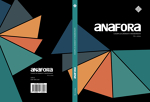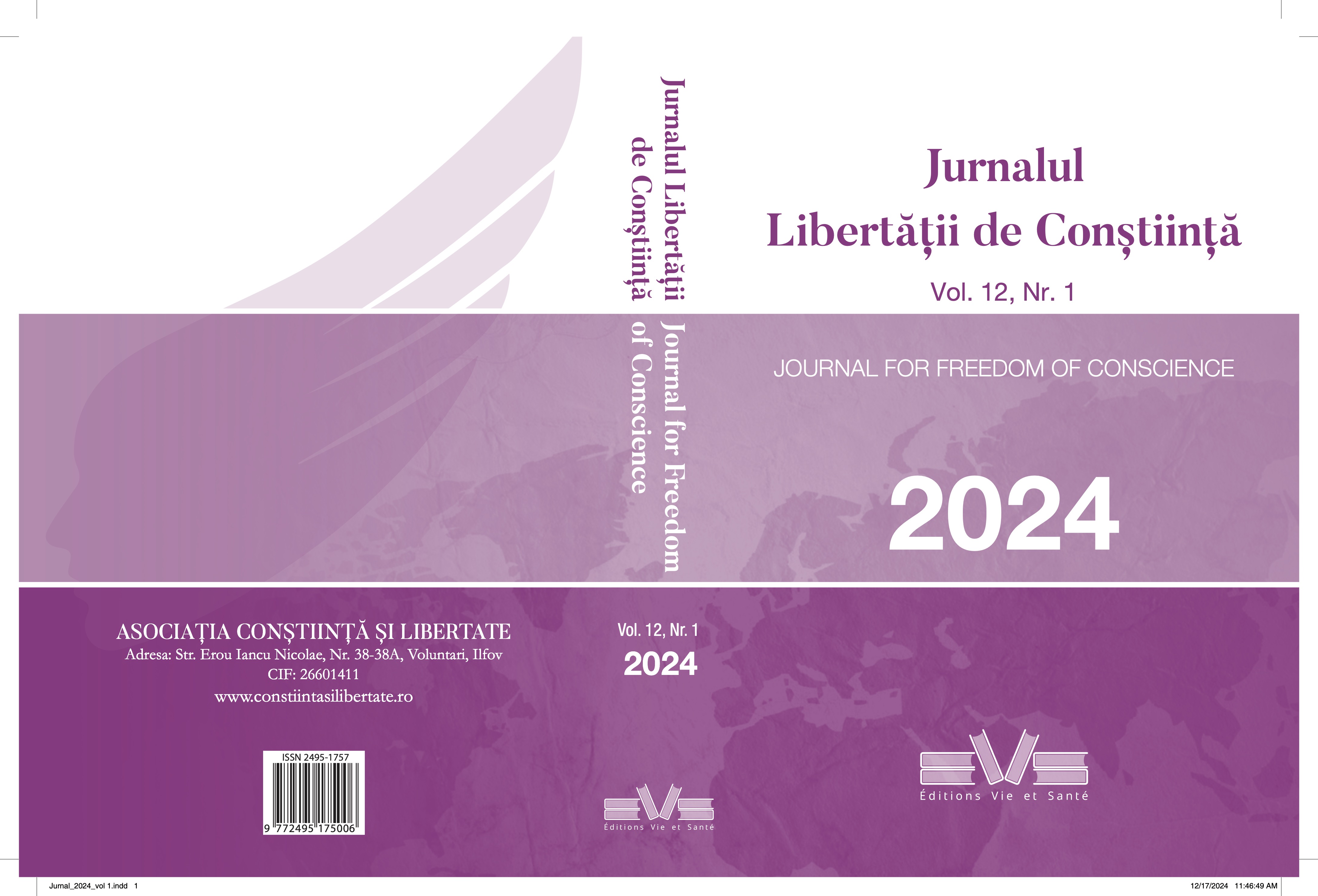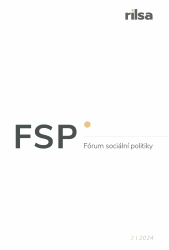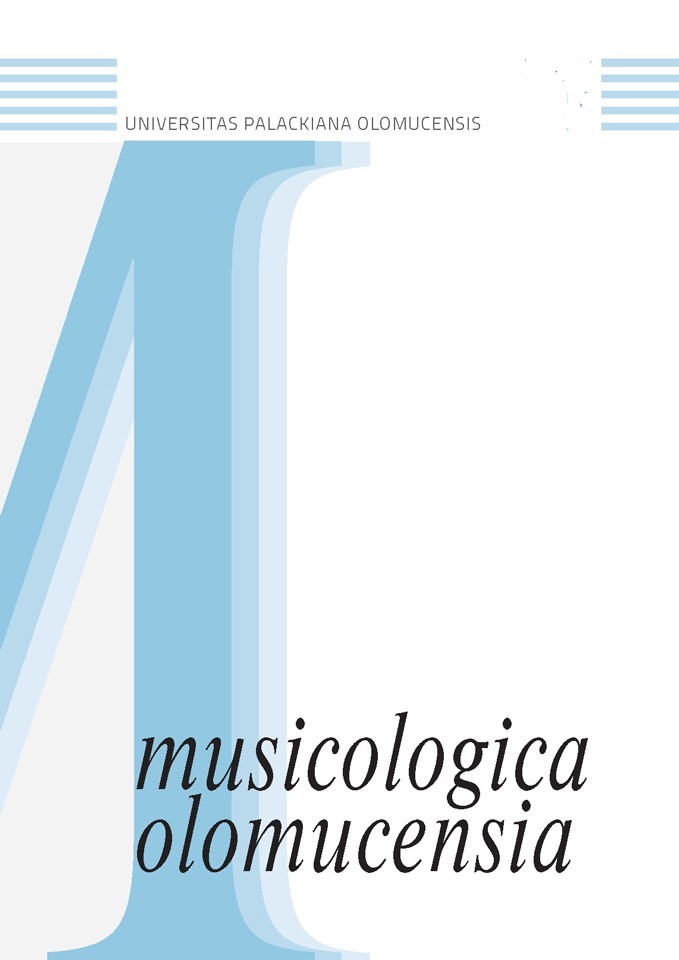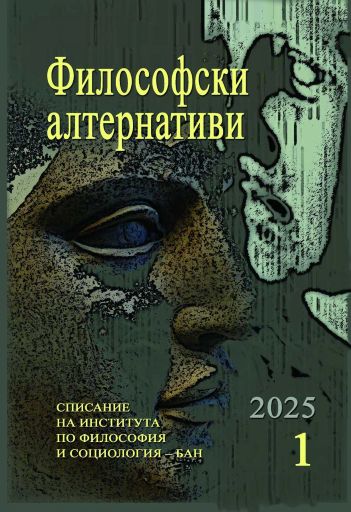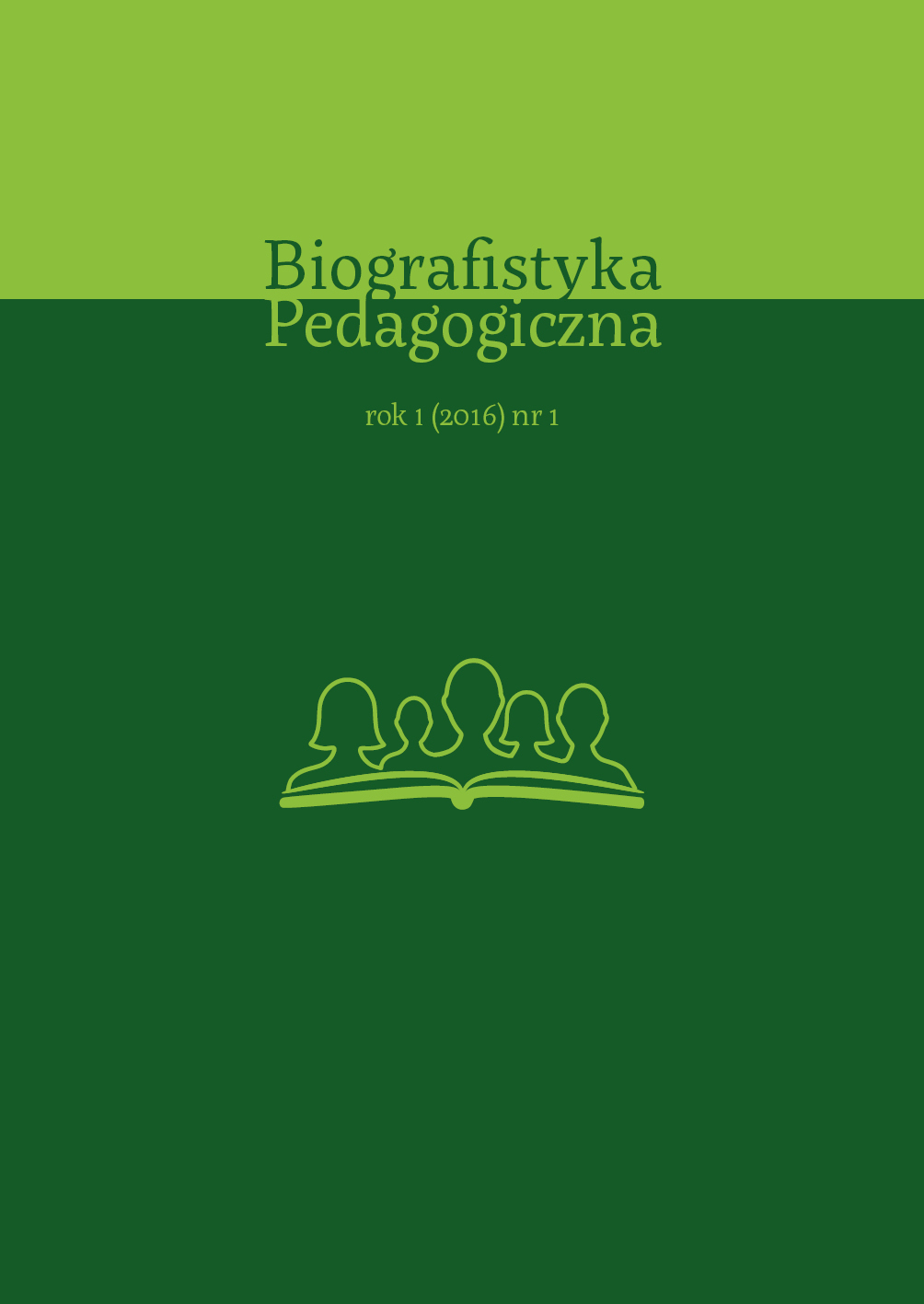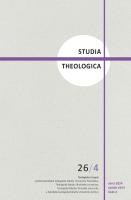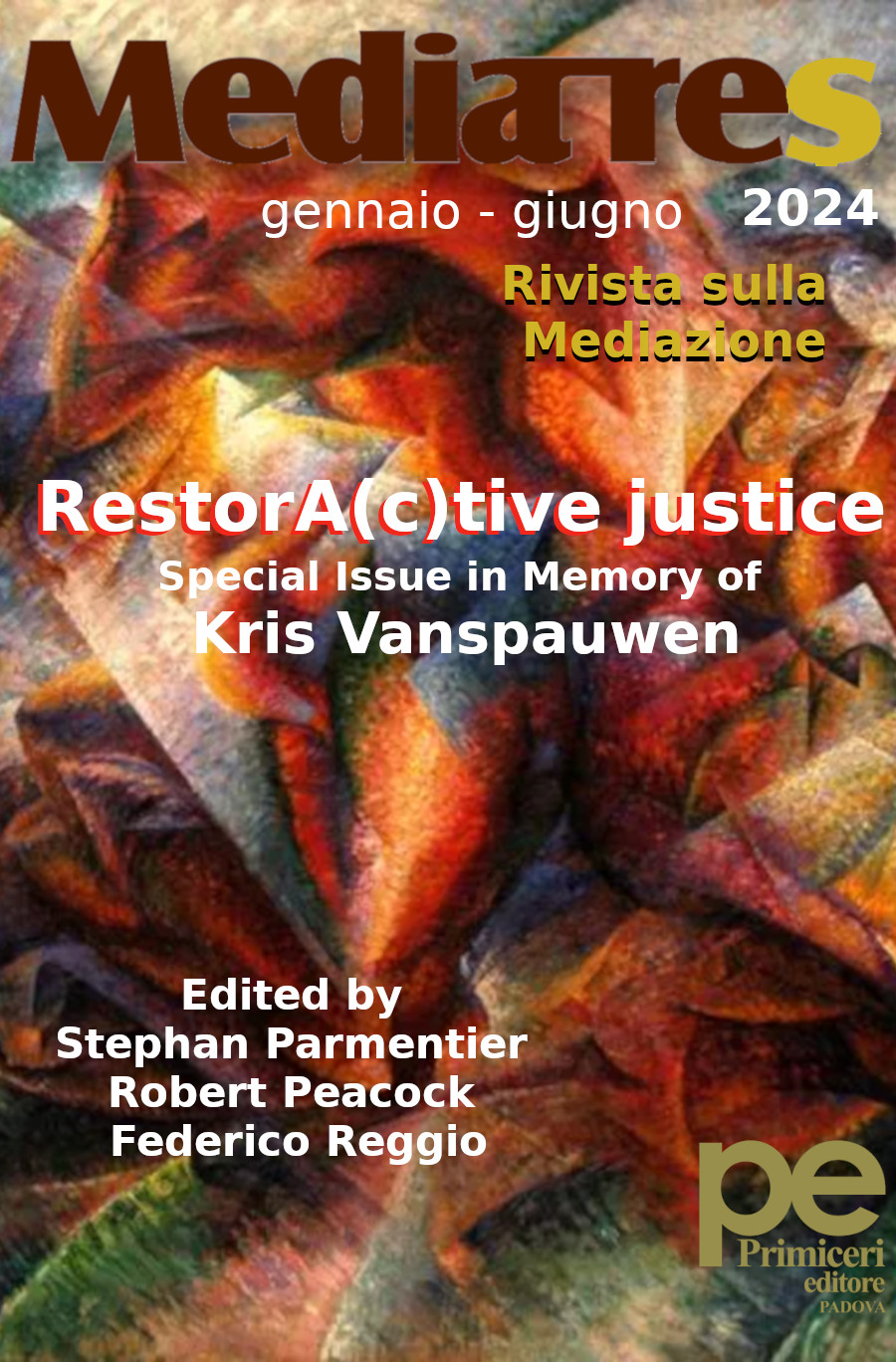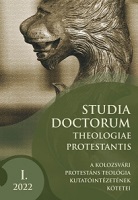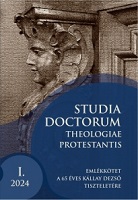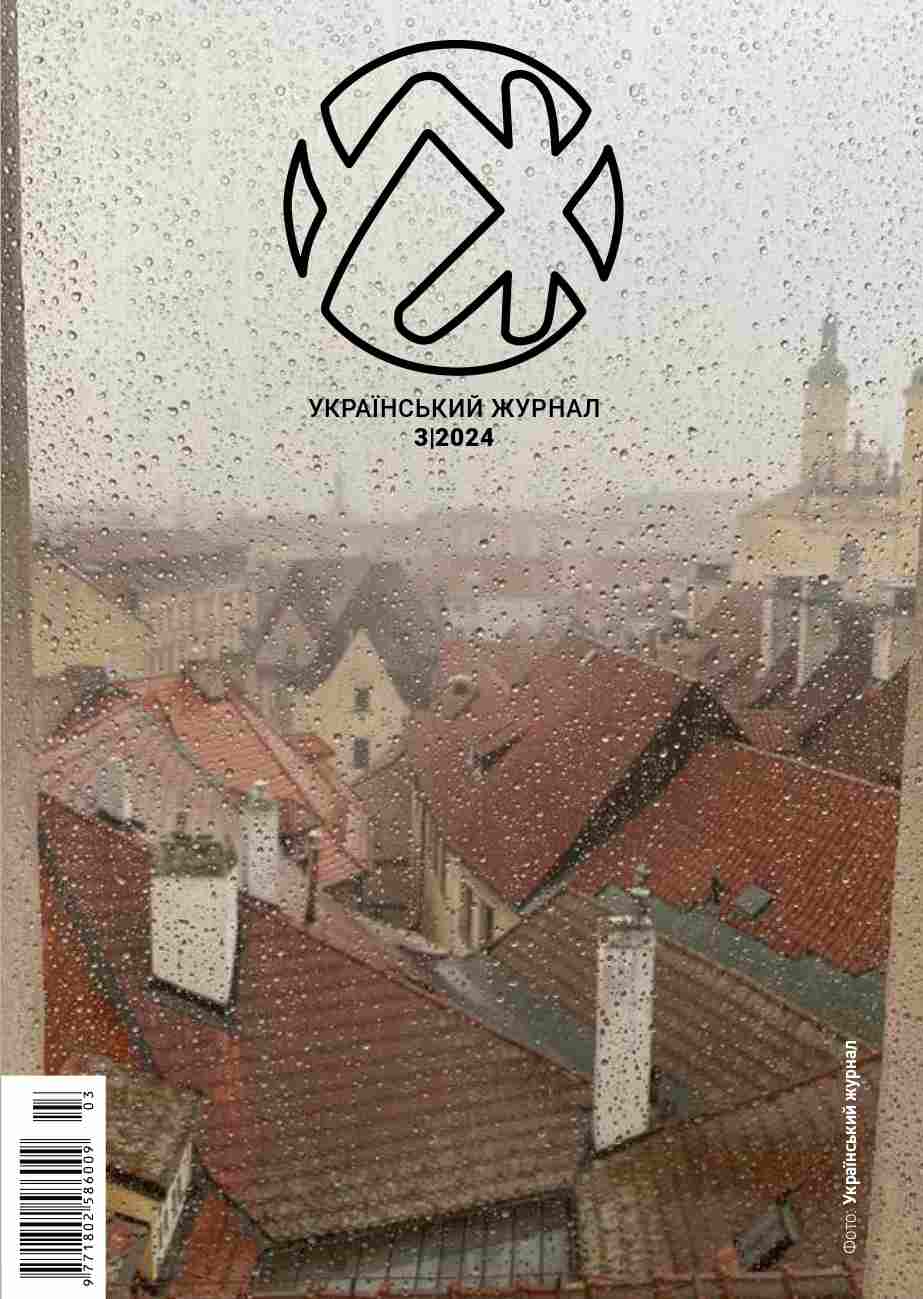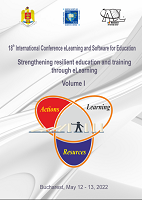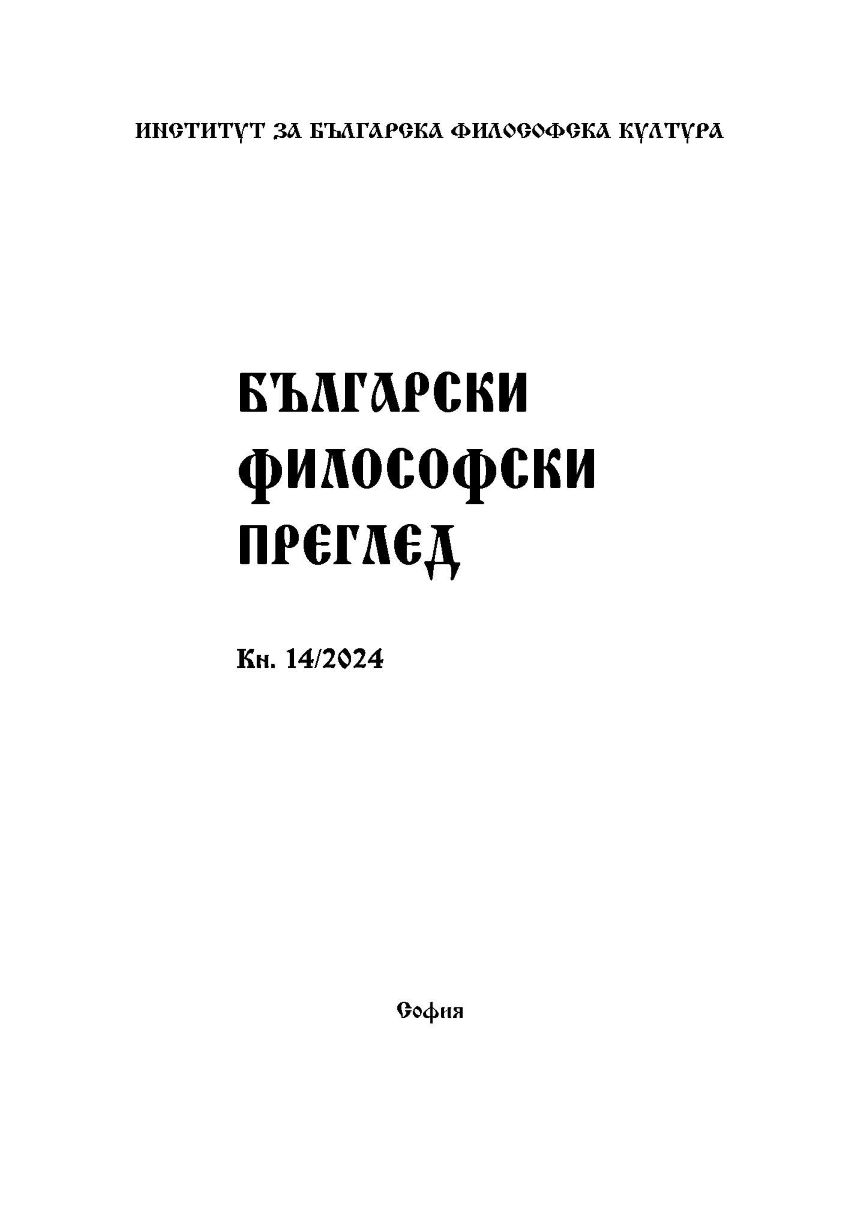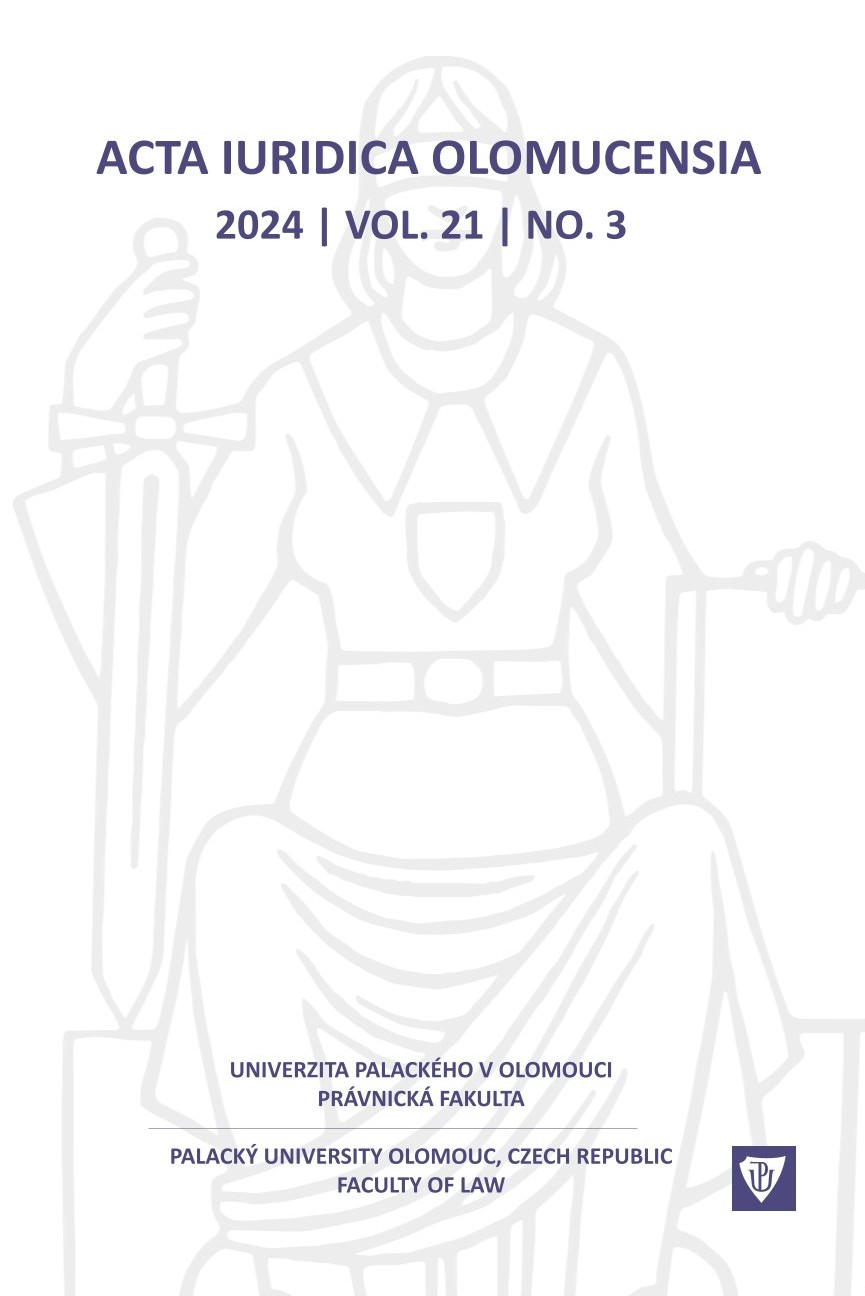
Umělá inteligence a právní úprava náhrady škody
Artificial intelligence is a topic currently resonating not only with the profes¬sional legal community, but with society as a whole. It is already a standard part of the modern world, and its use extends to various areas of human activity, from healthcare to transport to finance. It seems that the potential for the use of artificial intelligence systems is unlimited. However, with their growing influence, new legal challenges arise, including issues of liability and compensation for damage that this technology can cause. The set, traditional legal framework may no longer correspond to the complexity and complexity of artificial intelligence systems, their development and operational environment, which naturally leads to the search for new approaches to the legal regulation of liability and compensation for damage to health and property. This contribution focuses on current legal issues related to liability for damage caused by artificial intelligence systems and possible ways to adapt the legal system to new technological challenges
More...
